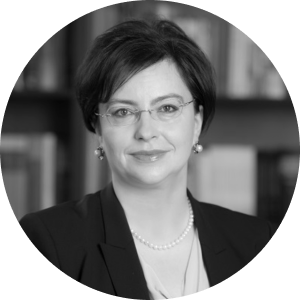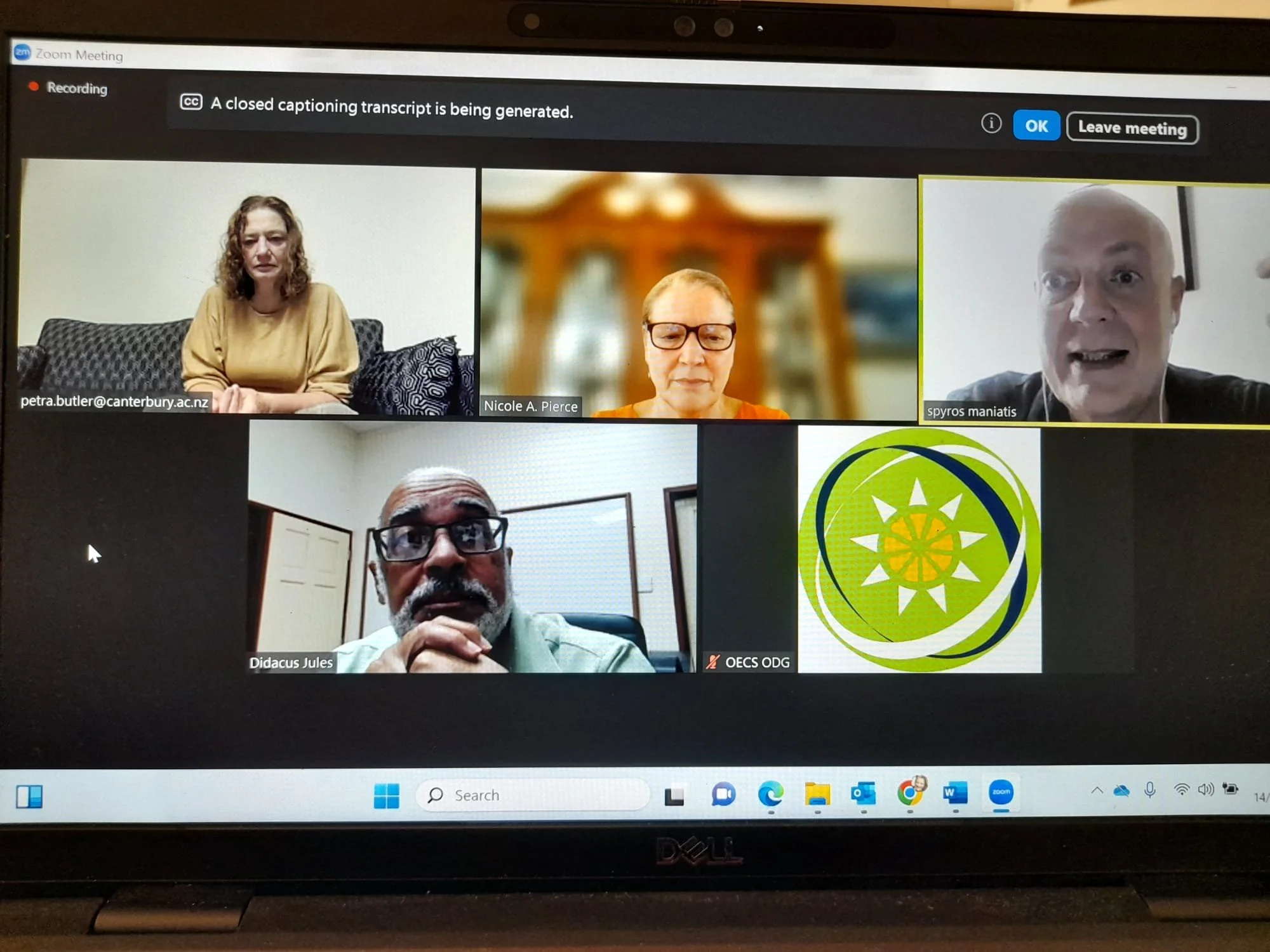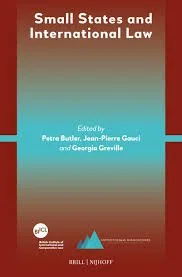
Successful 10th Small States Conference
〰️
Successful 10th Small States Conference 〰️
Small States, Big Futures: A Decade of Dialogue
Our 10th Annual Small States Conference, co-hosted with WilmerHale and British Institute of International and Comparative Law, celebrating ten years of collaboration, resilience and innovation was a success!

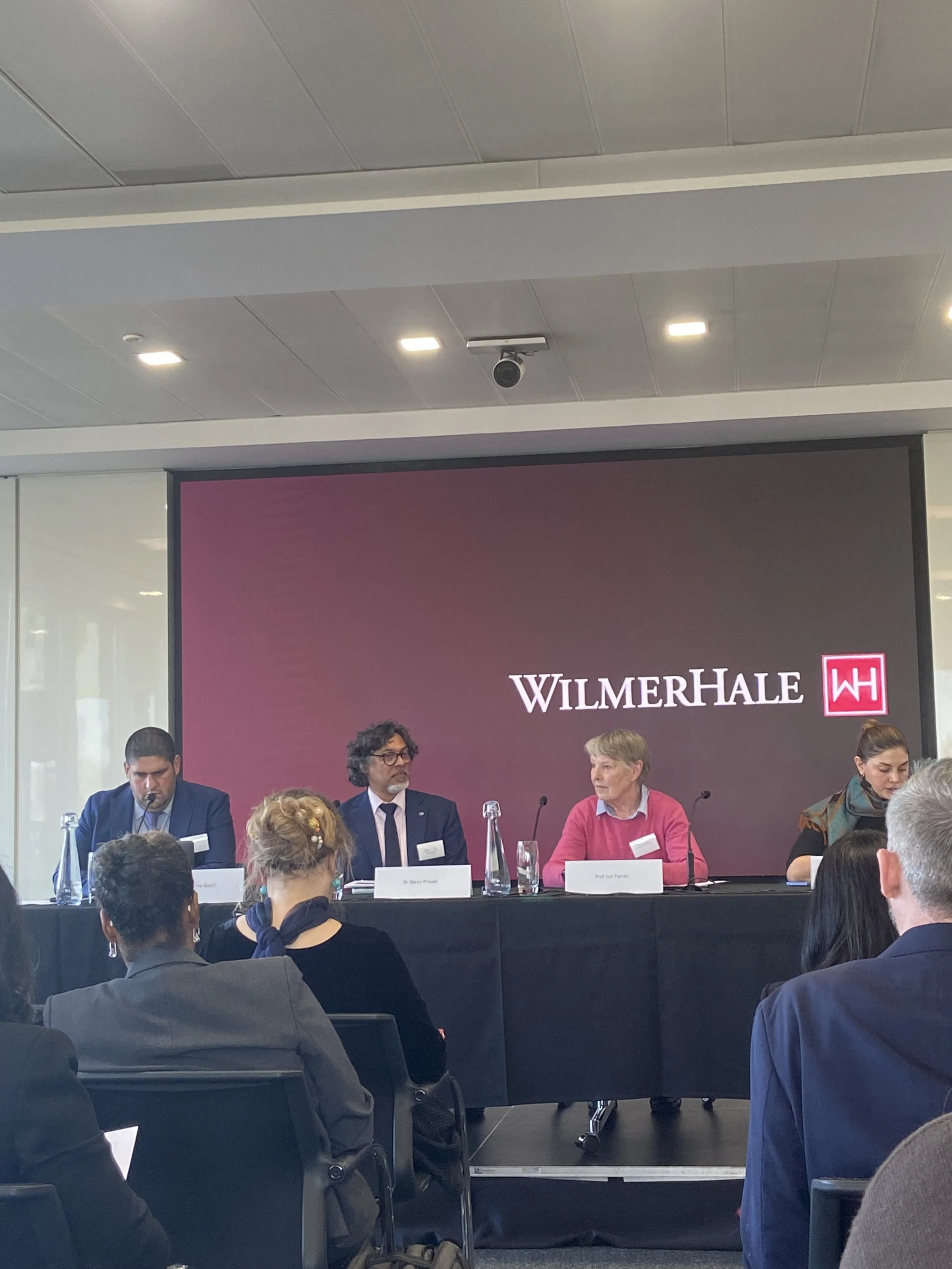
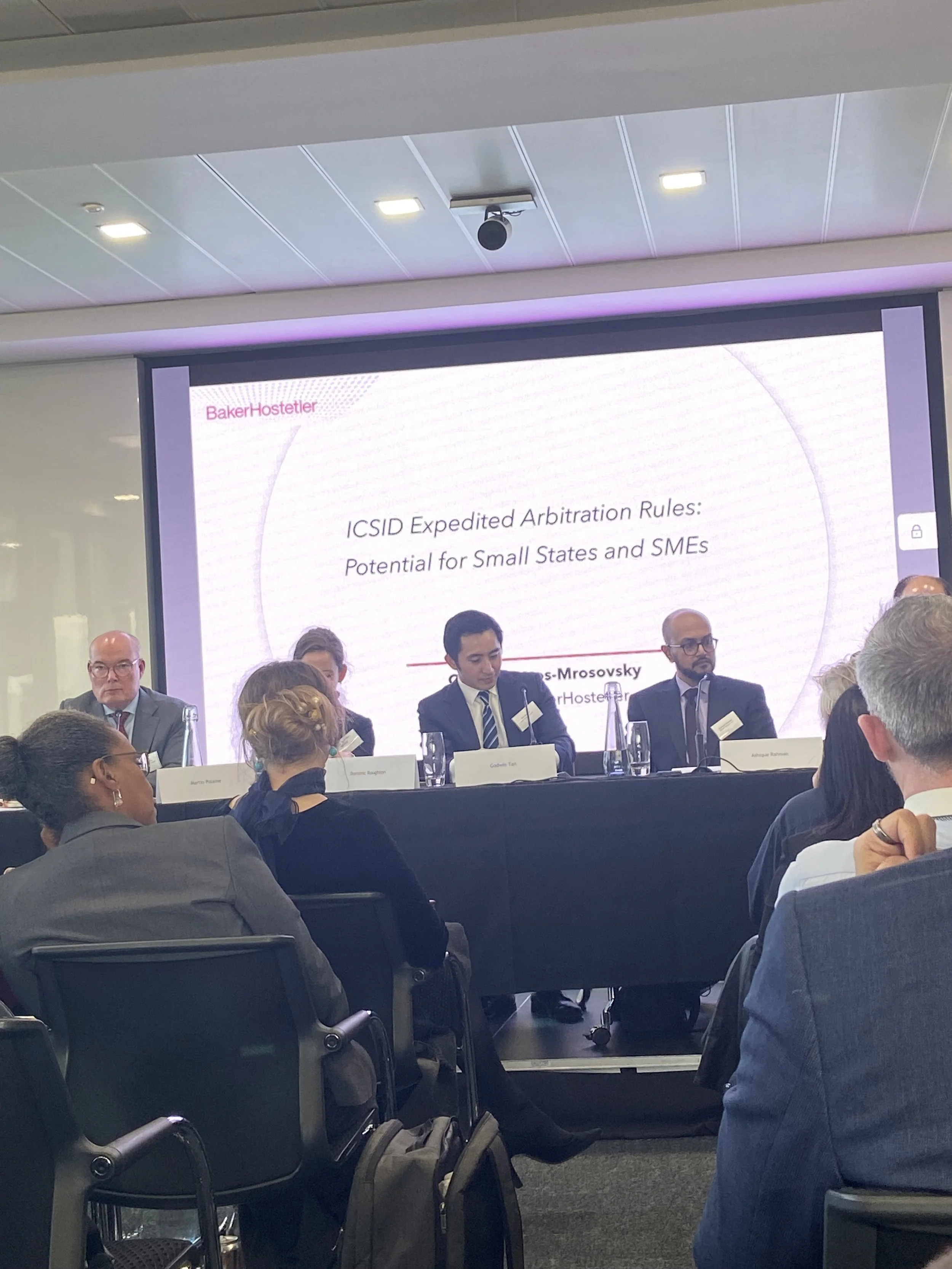
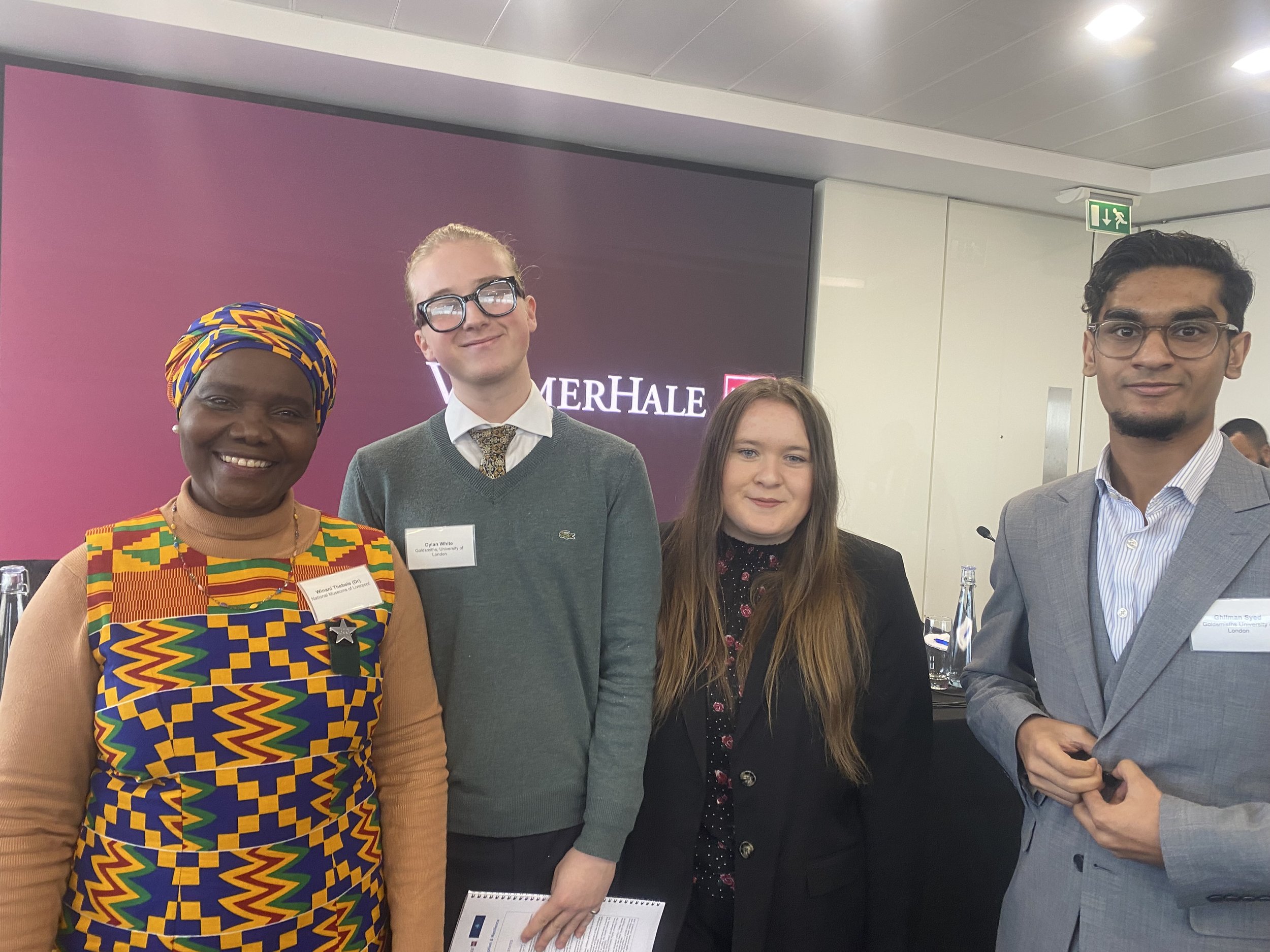
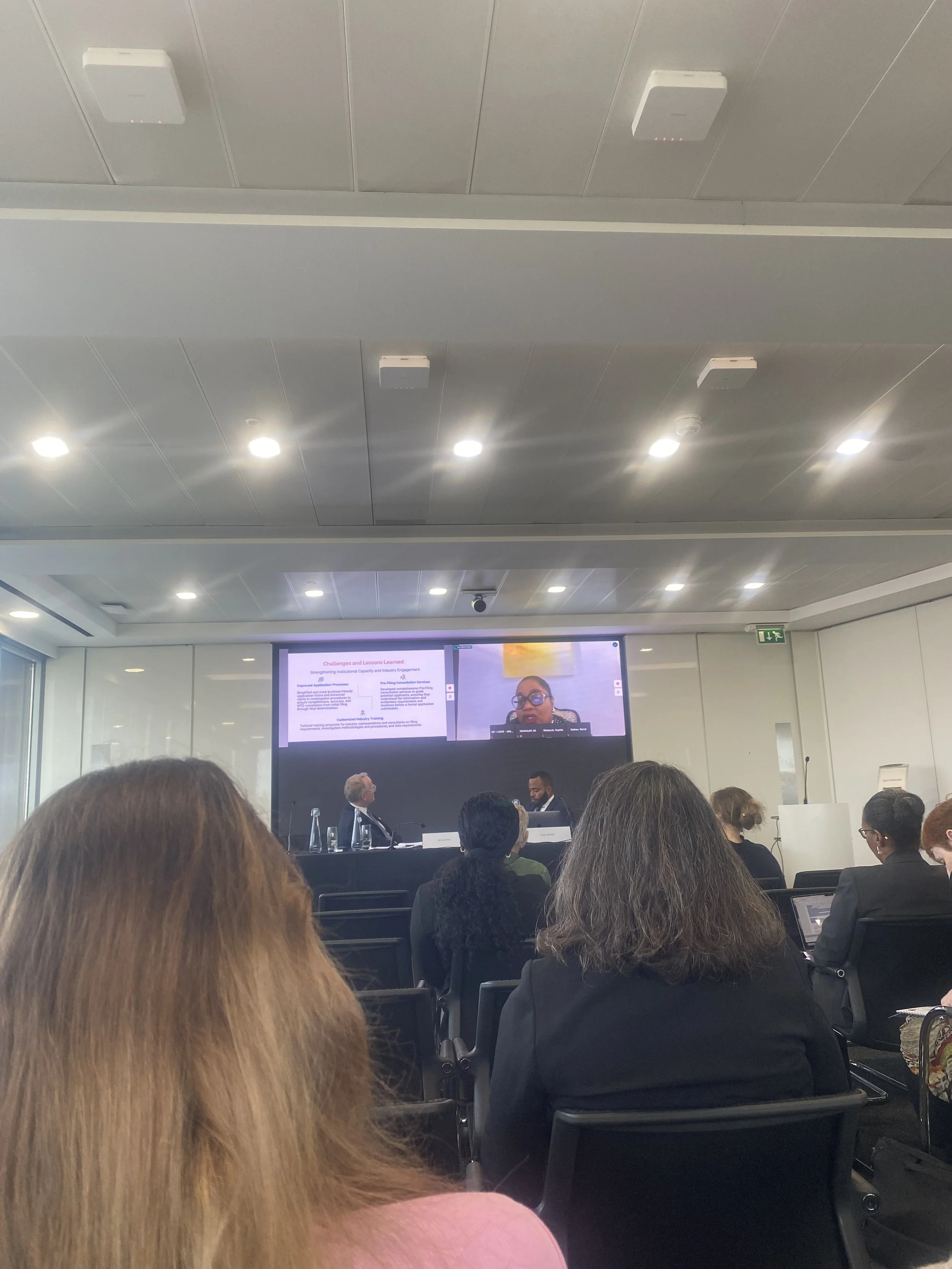
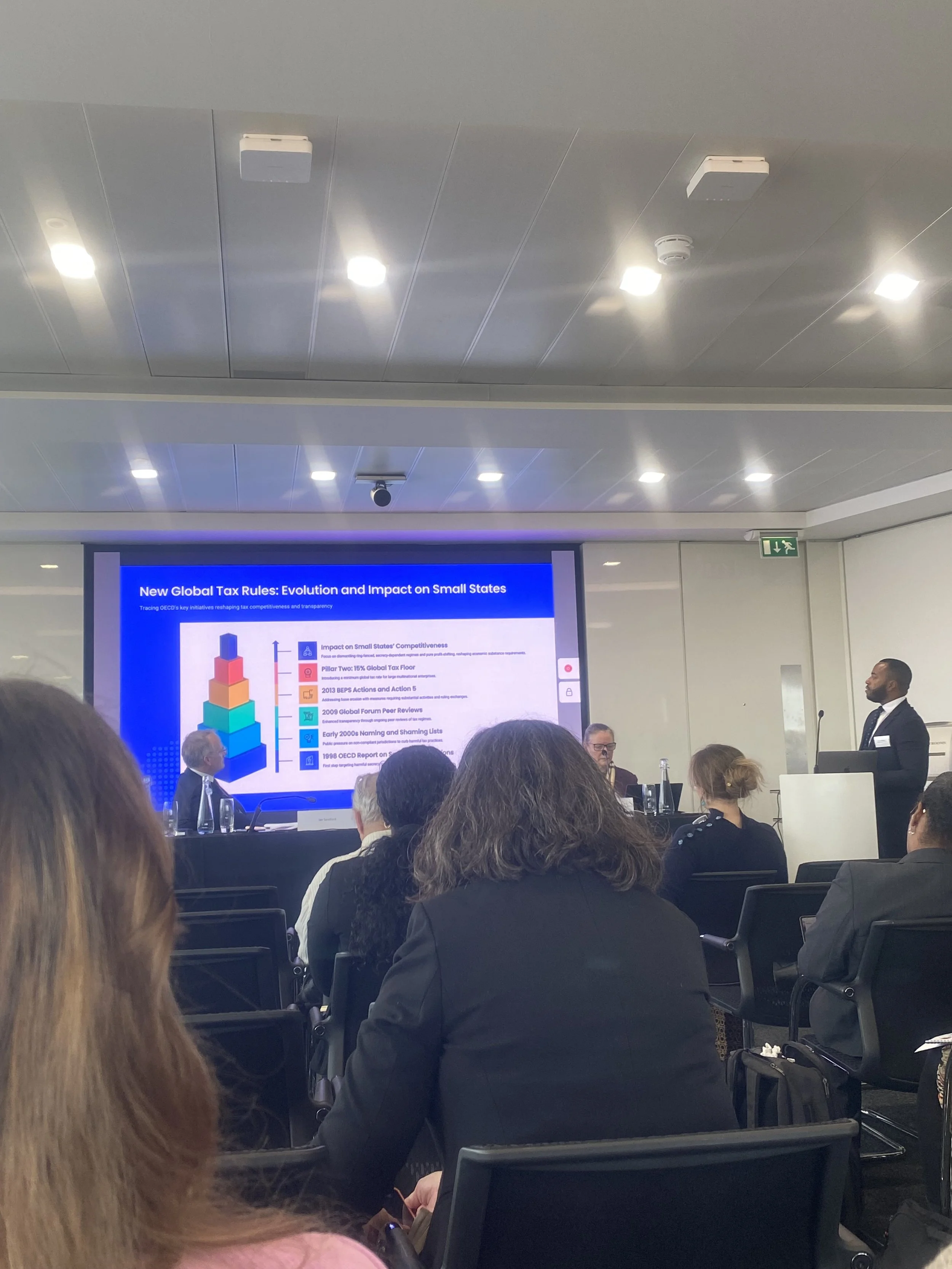
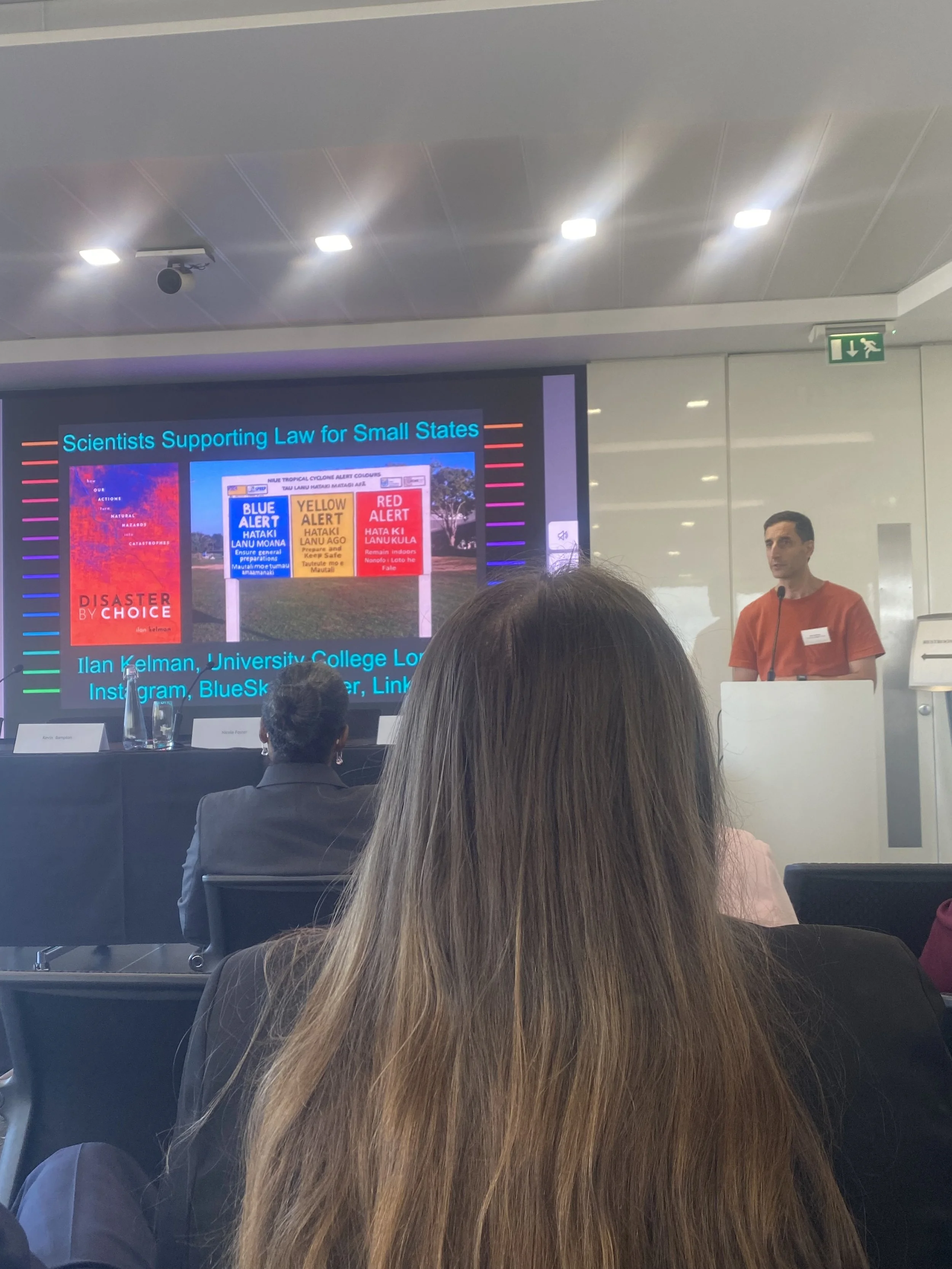
















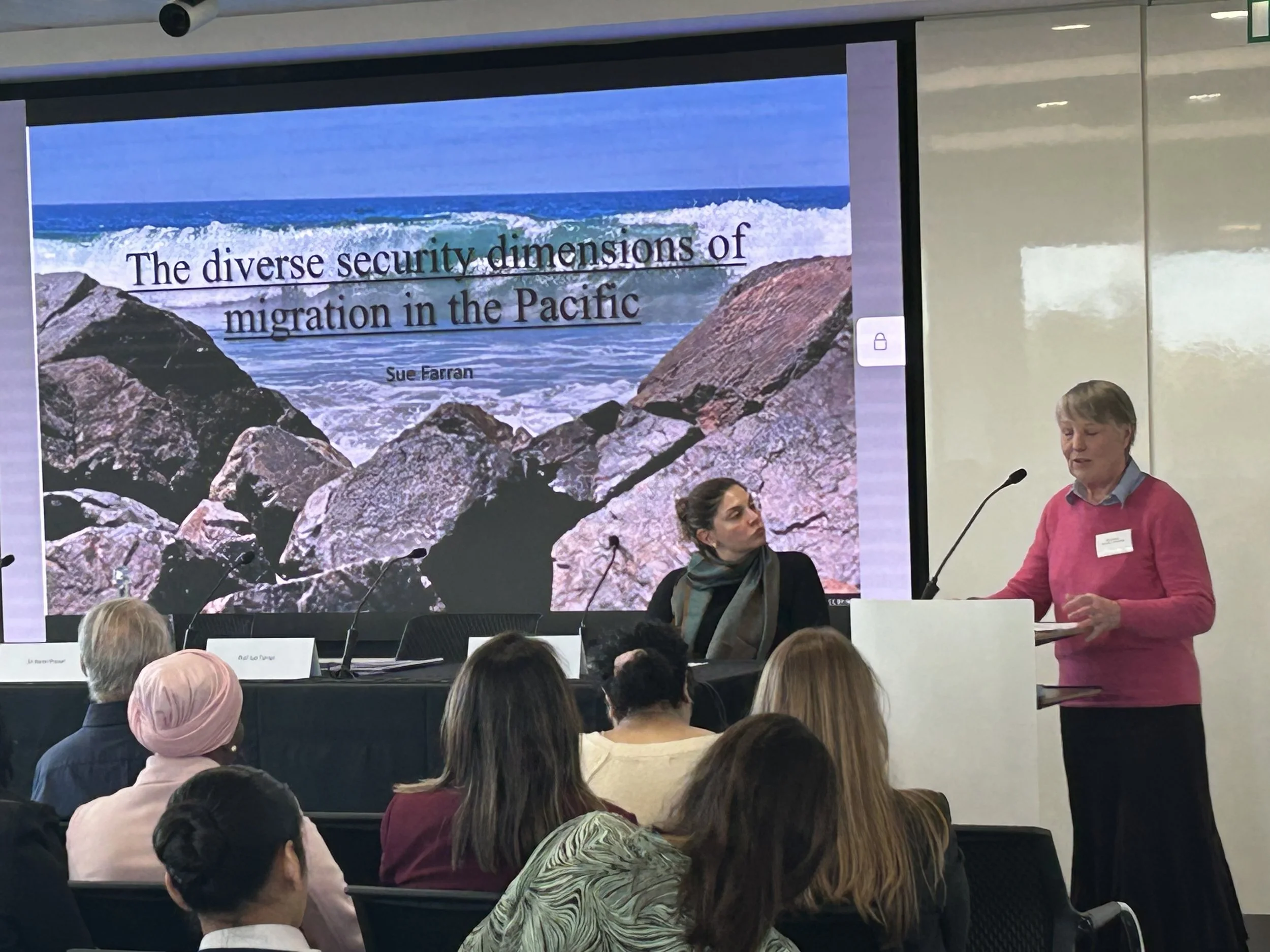




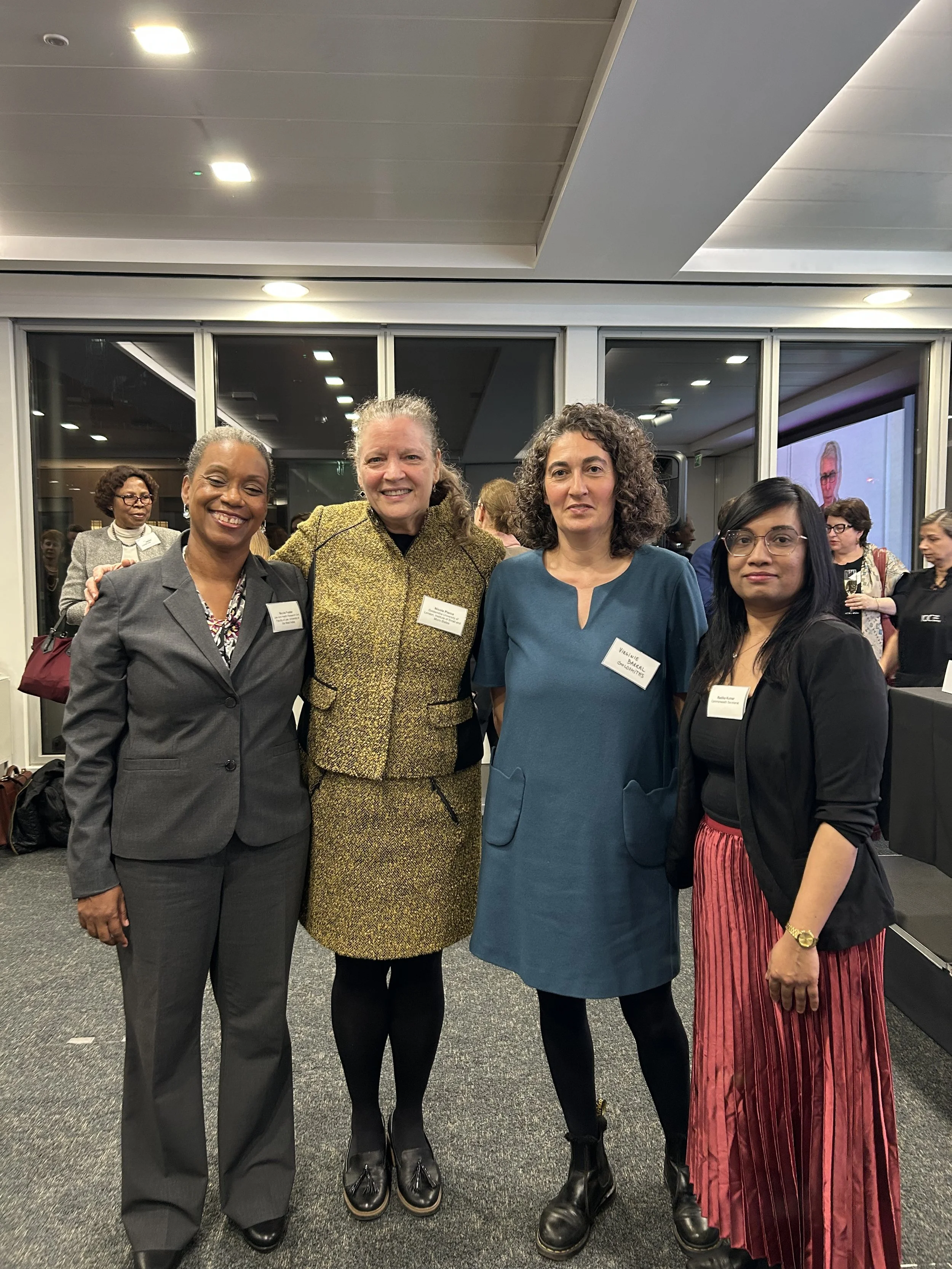
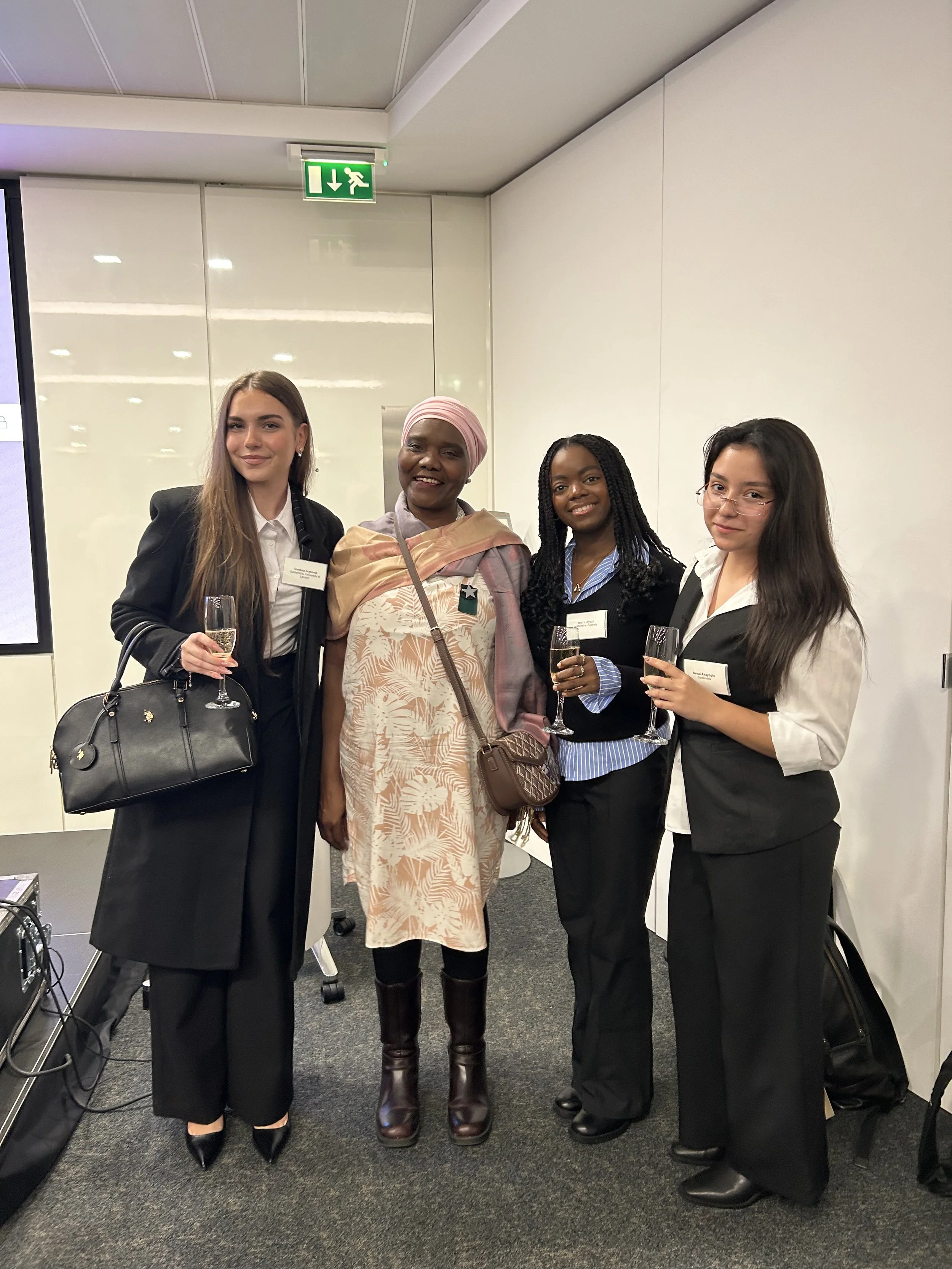
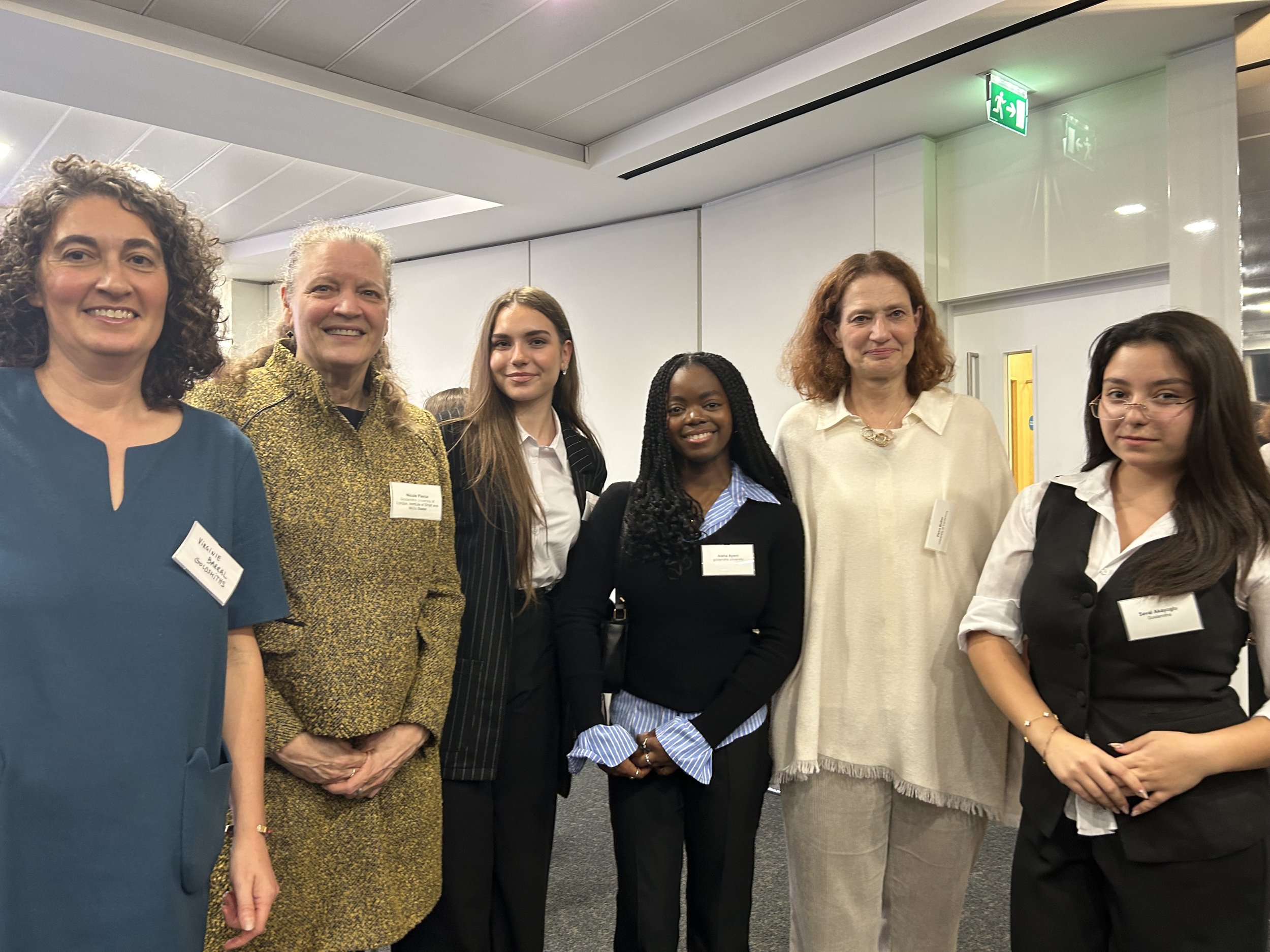
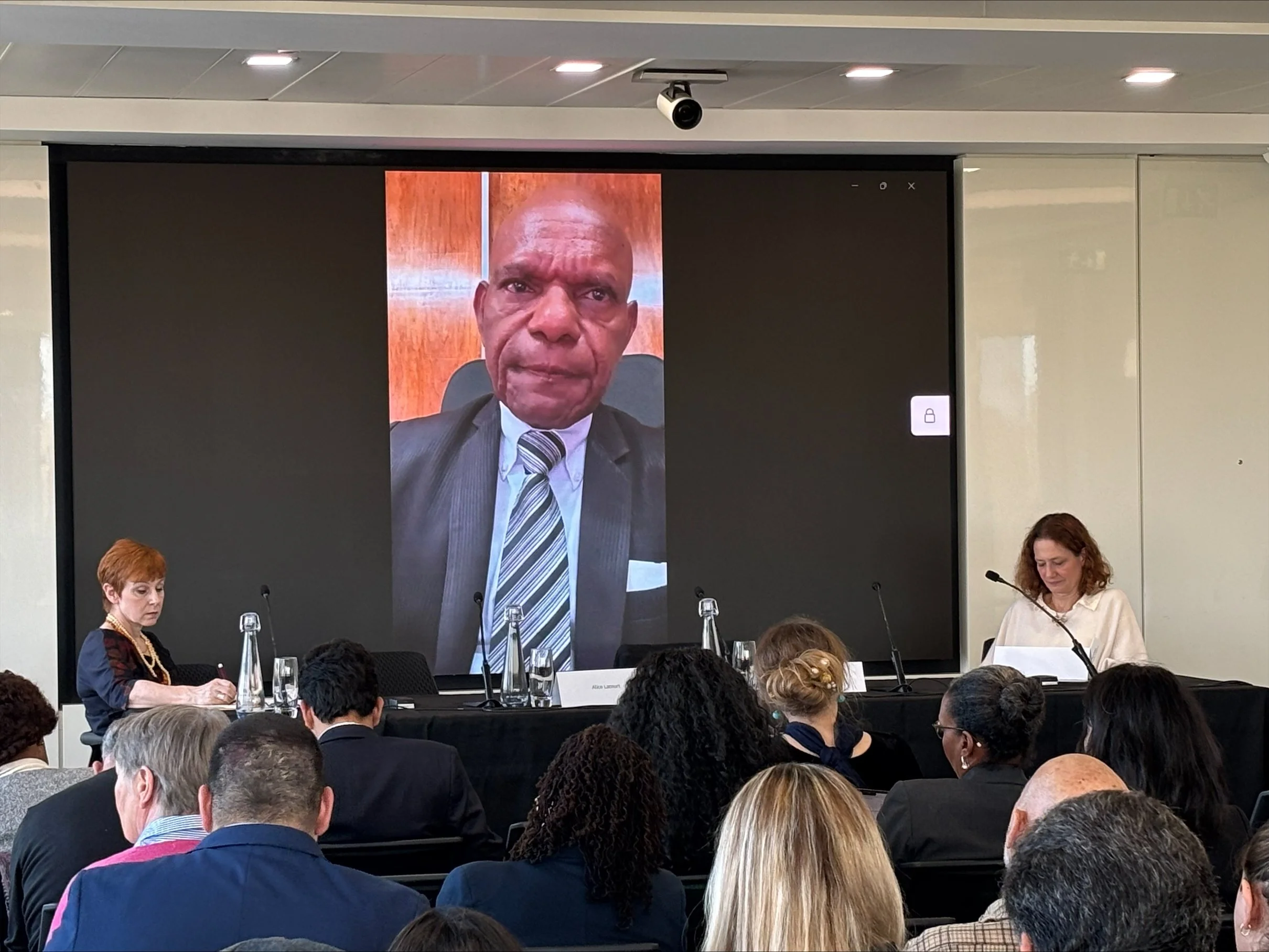
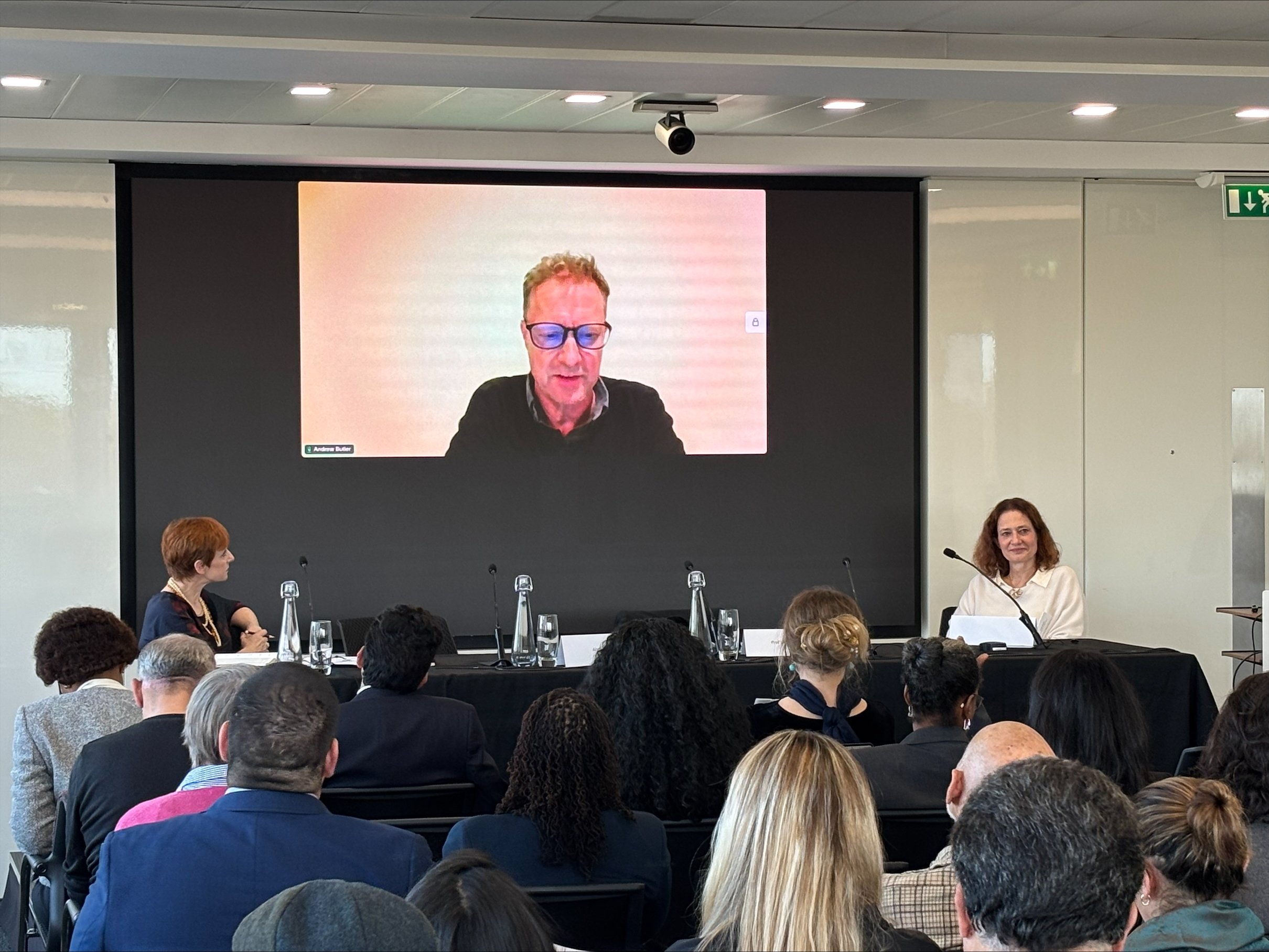
Read the abstracts of the presentations below.
Videos from the conference proceedings will be available soon.
Testimonial
“ISMS not only successfully meets its aim – to bring together people from different backgrounds who care about small and micro states to have real discussions – but it goes further by offering concrete ideas and ways to create lasting reform.” - Steven Finizio, Wilmer Hale
our mission.
The Institute provides an informed, independent interdisciplinary research platform for the small states community. It is the home for the analysis and debate about contemporary legal small states’ issues with an eye for practical solutions. The Institute is committed to facilitate law reform in and for small states and to assist with relevant training.
Testimonial
”Petra’s unwavering commitment to working with small states is a huge contribution to strengthening access to justice for these states. At the same time, by establishing an open forum for discussing issues these small states hold in common, more can be done to address these issues in a concerted and systematic fashion.” - Chiann Bao – Independent Arbitrator
small states.
Small states make up the majority of United Nations member states. They are incredibly diverse, with varying sizes, populations, economies, natural resources, and vulnerabilities. Within the Forum of Small States at the United Nations, the population of member states ranges from less than 10,000 to more than 10 million. The unofficial category of “small states” includes some of the most and least developed nations in the world, resource-rich and resource scarce countries, and both island and landlocked states. Given this, the priorities and perspectives can be as diverse as their characteristics. However, they are united in facing the same challenges due to their size in comparison to large states. They face, for example, special security challenges, such as being particular targets for transnational crime, via trafficking in drugs, arms and people and are at risk of political instability and conflict due to being cut off from global trade and economic opportunity.
Within the small states cluster the group of micro states, countries with a population below 1.5 million are characterised by a small populations, limited human capital, and a confined land area. They especially share challenges associated with the size of their economies, remoteness, isolation, and often vulnerability to climate change.
Testimonial
"The Institute of Small and Micro States offers a vital and timely contribution to today’s rapidly changing world. In response to the climate crisis and technological disruption, it promotes an essential shift —from quantitative, hierarchical, and divisive models of thinking to an alternative vision grounded in a single unifying value: humanity. Such vision is to be found in the works of the institute ranging from conferences and publications to law reform and policy papers addressing the specificity of the small and micro states." - Prof. Crenguta Leaua | Director, The Swiss Institute for Alternative Thinking.
our aim.
Conducting and Fostering
The promotion of scholarly and governmental research related to small and micro state issues, for example, into climate change, the role of custom in legislative drafting, poverty reduction, and international cooperation.
Providing a Hub/Focal Point For
Governments and stakeholders from small states, regional and international organisations, NGOs, and other government stakeholders with an interest in small state issues.
Researchers interested in discussing and analysing the particular issues small states face, primarily through a legal but also through an interdisciplinary lens.
Independent expert advice and the placement of (regional) experts.
Providing Expertise In
Capacity building, for example, in law reform, strengthening of administrative structures, development of technical know-how.
news
ISMS & BIICL Meet OECS DG on Silver Generation Priorities
On 15 July ISMS Deputy Director Dr Nicole Pierce, Director Professor Petra Butler, Professor Spyros Maniatis from BIICL met with the Director General of the OECS, Dr Didacus Jules, to discuss the impact of the silver generation on the OECS and the research and policy work needed to accommodate the aspirations and needs of that generation.
keep up to date
Director, Dr Petra Butler co-wrote Chapter 11 with Sam McIntosh, “A European Union style Pacific common market?”


